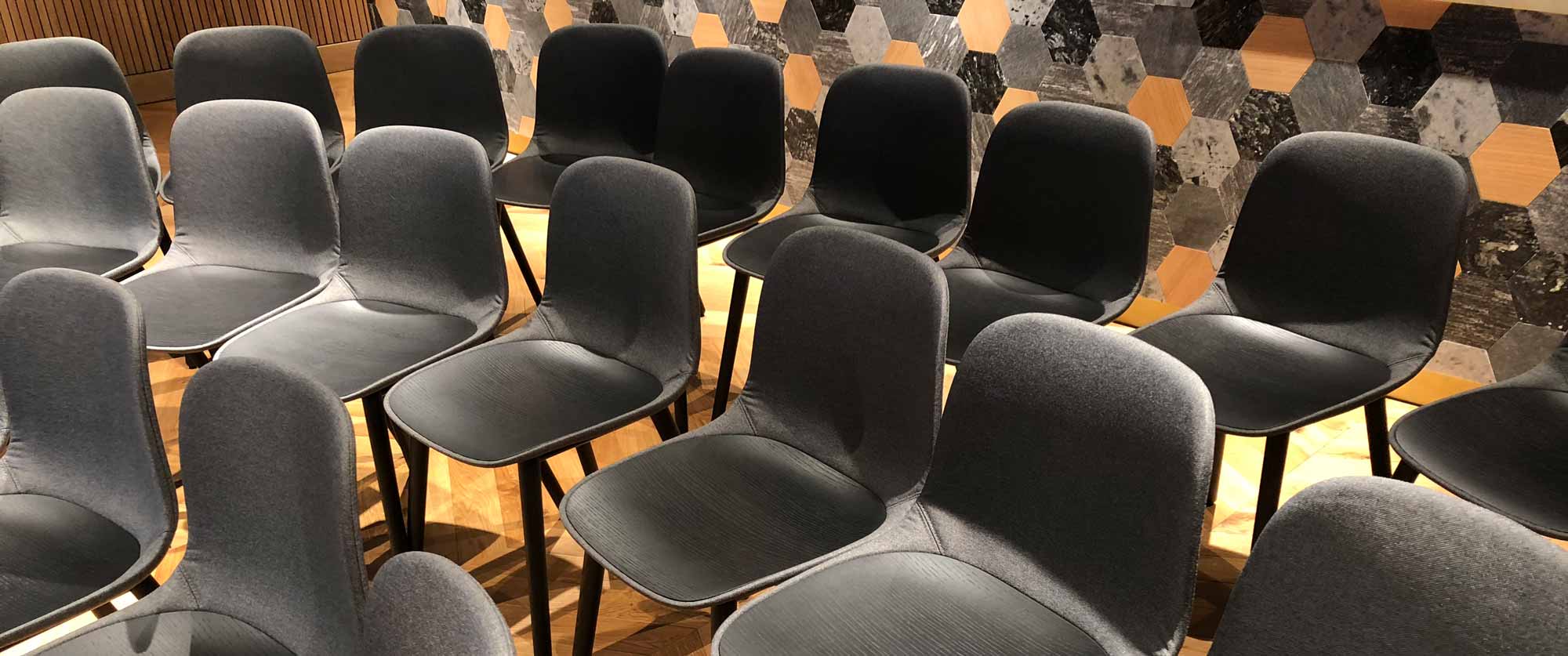Community Event | Café Scientifique - Negative interest rates: costs and benefits for household budgets and economy

Negative interest rates: costs and benefits for household budgets and economy
With supervisory data on the universe of Swiss banks, we study the effects of negative rates which Swiss banks must since 2015 pay on deposits they hold with the central bank. We find firstly that banks were hesitant to pass negative rates on to depositors for fear of losing valuable future business, so that most of you can retain their deposit balances without being charged negative rates. But for banks this made the deposit business on its own loss-making. Secondly, we find that banks pay for these losses by charging higher margins to mortgage borrowers as well as charging households and firms higher fees. Third, banks adjust their balance sheets to reduce their exposure to the costs of negative interest rates at the price of increased credit risk, interest rate, market risk, and liquidity risk. Over time this increases the risks to financial stability. Beyond our empirical findings on Swiss banks, I also briefly discuss the implications of negative interest rates for pension funds and the economy at large.
Christoph Basten is Assistant Professor of Banking at the University of Zurich. Previously he was the economist of the Swiss Financial Market Supervisory Authority FINMA for close to 5 years. He was educated at Oxford, Pompeu Fabra University (Barcelona), Harvard, and the European University Institute EUI and worked for amongst others Deutsche Bank, the German Treasury, and the International Monetary Fund IMF.
Door opens at 18h30. The event begins at 19h00.
This event is FREE of charge. Please drop by early to grab a drink/snack as a sign of support to the location.
_____
A Café Scientifique is a forum, where for the price of a cup of coffee or a glass of wine, anyone can participate in the discussion of current scientific issues in the relaxing, informal setup of a Café!
The Cafés Scientifiques are organized by Community Member Dr. Sahar El Khoury and Life Science Zurich and supported by Science et Cité and Coworking Lounge Tessinerplatz. They take place in general once a month.
How does it work?
- A Café Scientifique starts with conversations in small groups about the topic to break the ice, fill the glasses, and concretize our knowledge about the subject.
- Afterwards, there is a short talk (usually about 15/20 min) by an expert speaker.
- This is followed by approximately half an hour of questions and answers and general discussion.
What subjects will be discussed? Any scientific subject that is of interest to the general public. The theme of the evening will be announced in time.
Who are the invited speakers? The invited speakers are researchers from UZH/ETHZ.



